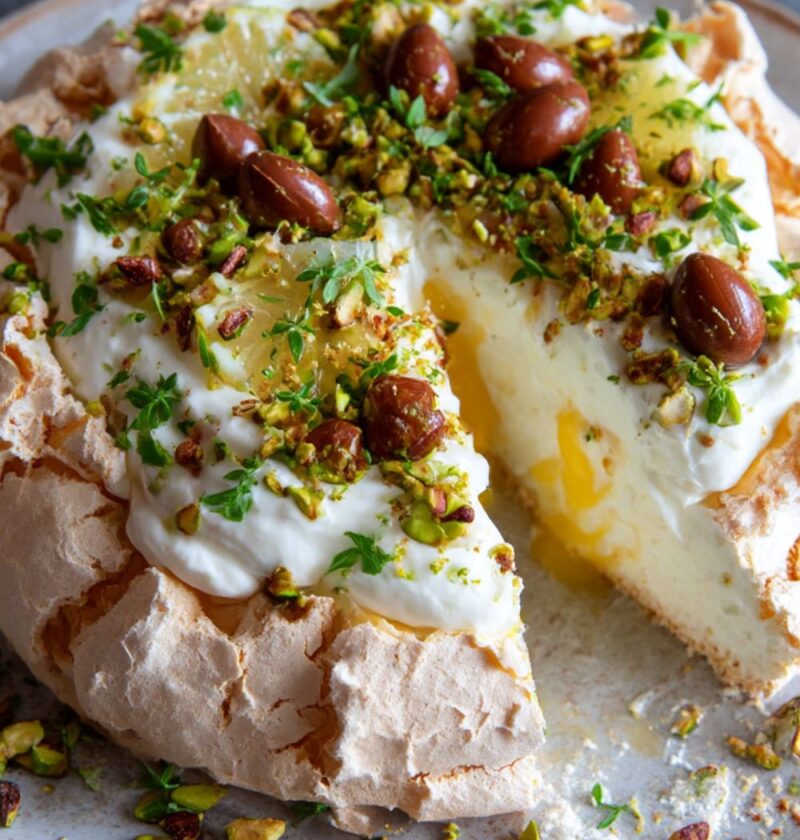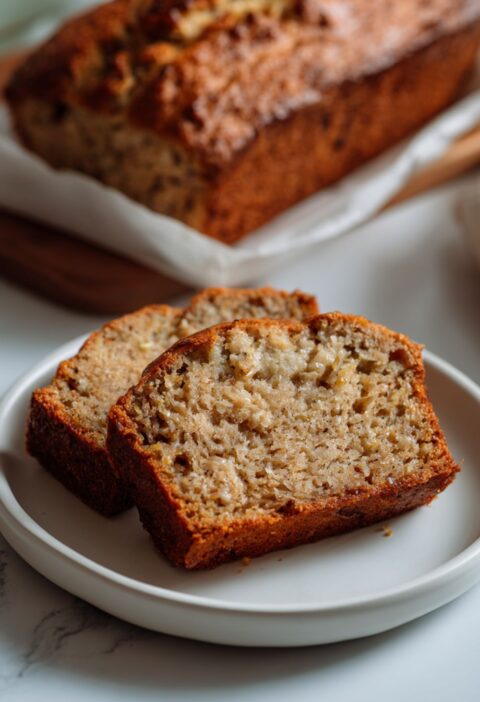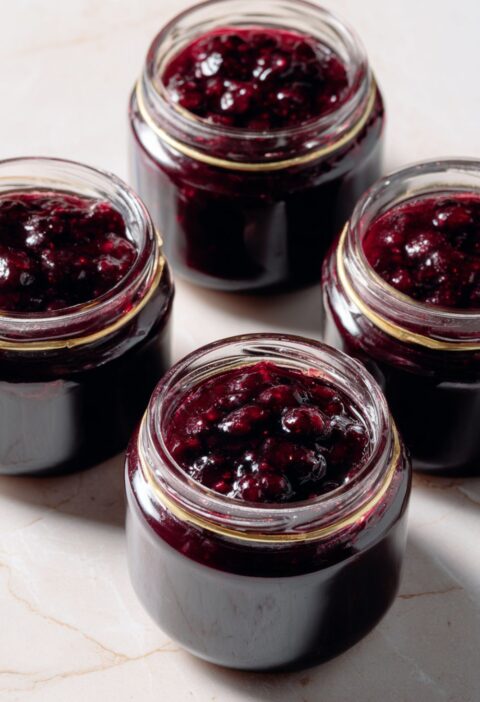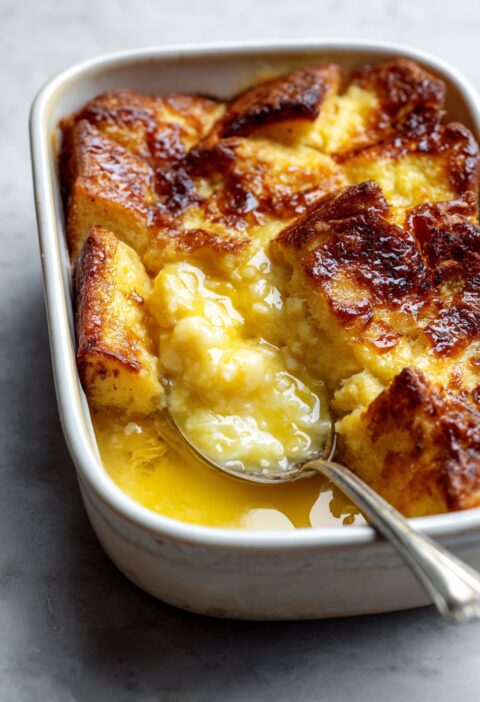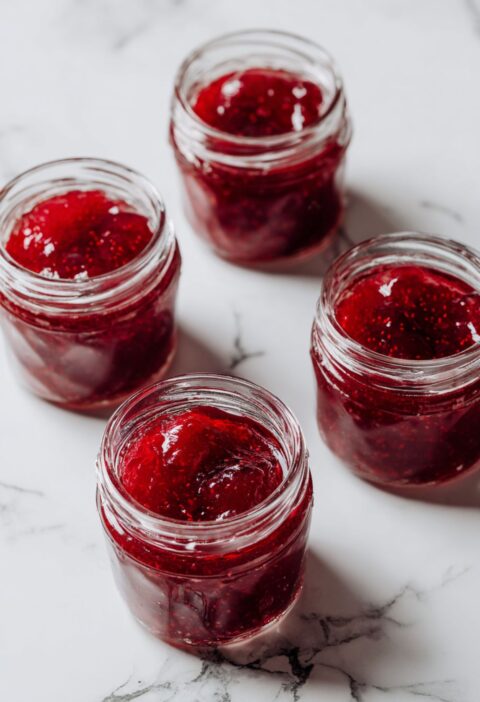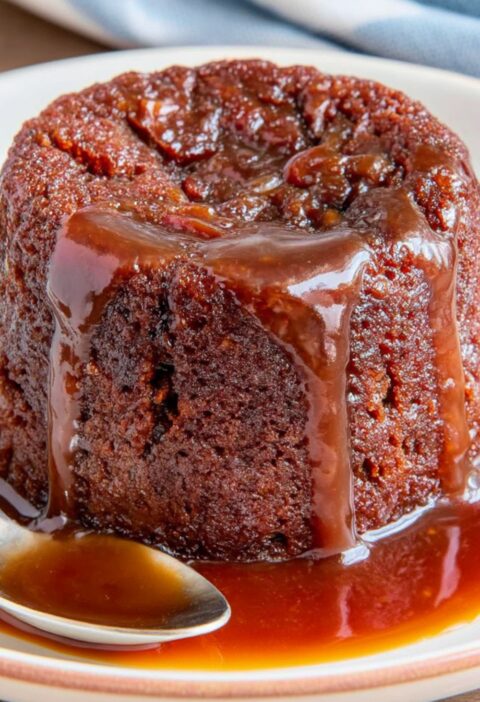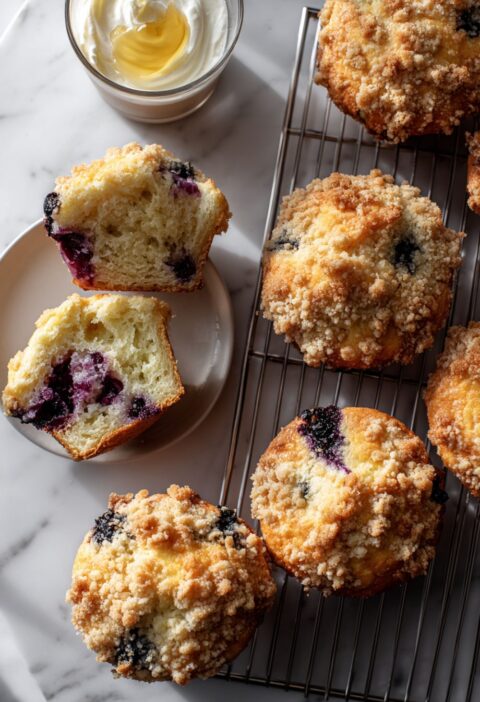This Mary Berry Easter Lemon Pavlova is a festive and showstopping recipe, which is made with a crisp meringue and a tangy homemade lemon curd. It’s the perfect centerpiece for an Easter celebration, ready in about 3 hours plus cooling time.
Mary Berry Easter Lemon Pavlova Ingredients
For the Meringue:
- 6 free-range egg whites
- 350g (12oz) caster sugar
- 2 tsp white wine vinegar
- 2 level tsp cornflour
For the Lemon Curd Filling:
- 6 free-range egg yolks
- 350g (12oz) caster sugar
- 4 lemons, juice only
- 225g (8oz) butter, cubed
For Assembly & Decoration:
- 450ml (¾ pint) double cream
- 30 chocolate mini-eggs
How To Make Mary Berry’s Easter Lemon Pavlova
- Prep the oven and make the meringue: Preheat the oven to 160°C/140°C Fan/Gas 3. On a piece of baking paper, draw a 25cm (10in) circle. In a large, spotlessly clean bowl, whisk the egg whites until stiff peaks form. Gradually add the sugar, a teaspoon at a time, whisking on high speed until the meringue is stiff and glossy.
- Shape and bake the pavlova: Mix the vinegar and cornflour to a paste and stir it into the meringue. Spread half of the meringue mixture onto the paper to fill the circle. Fill a piping bag with the rest of the meringue and pipe about 10 small nests around the edge of the circle.
- Bake and cool: Place the meringue in the oven and immediately turn the heat down to 150°C/130°C Fan/Gas 2. Bake for 1 ½ to 2 hours, until it is a pale cream color and lifts easily from the paper. Turn off the oven and leave the pavlova inside to cool completely.
- Make the lemon curd: While the pavlova cools, place a heatproof bowl over a pan of gently simmering water. Add the egg yolks, sugar, and lemon juice to the bowl and whisk. Gradually add the butter, whisking continually until it has melted and the curd has thickened enough to coat the back of a spoon. Let it cool completely.
- Assemble the pavlova: Whip the double cream until it holds soft peaks, then gently swirl it through the cooled lemon curd to create a marbled effect.
- Decorate and serve: Spoon the lemon cream mixture into the center of the large pavlova and into each of the mini nests. Decorate by placing three chocolate mini-eggs in each of the nests. Serve immediately.
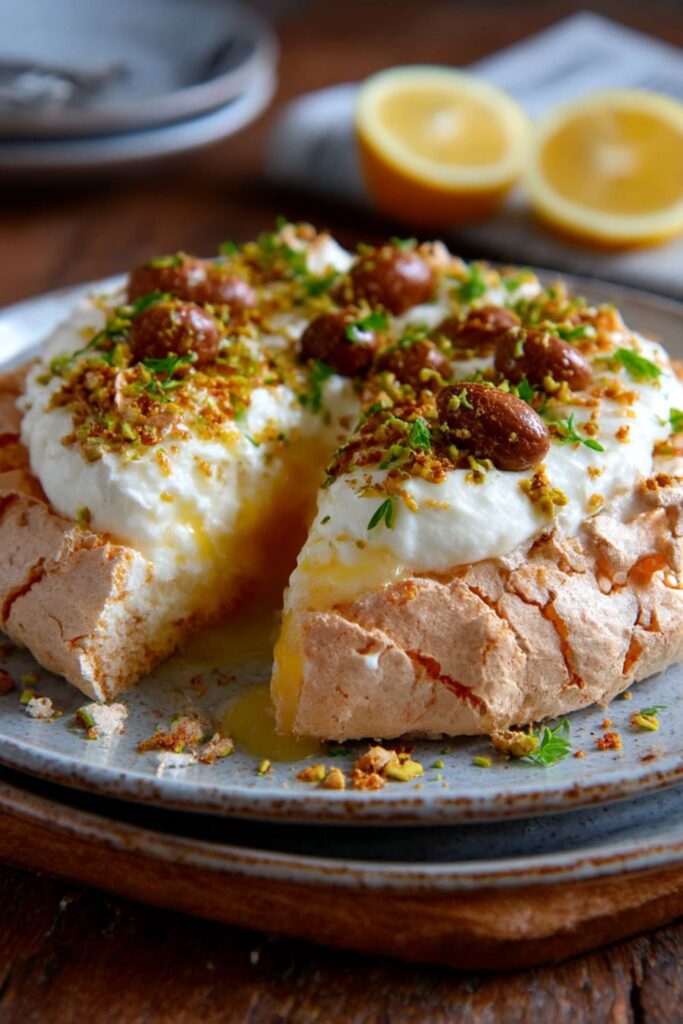
Recipe Tips
- How to get a perfect meringue? The most important step is to use a spotlessly clean, grease-free bowl and whisk. Any trace of fat (including any egg yolk) will prevent the egg whites from whipping up to their full volume.
- Why did my pavlova weep or get sticky? This usually happens when the sugar has not fully dissolved into the egg whites. To check, rub a small amount of the meringue mixture between your thumb and forefinger; if it feels gritty, you need to continue whisking.
- Can I make this ahead of time? Yes! The unfilled meringue base can be made up to a day in advance. Once completely cool, store it in an airtight container in a cool, dry place. The lemon curd can also be made ahead and stored in the fridge. Assemble with the cream just before serving.
- Why did my pavlova crack? Cracks can form if the pavlova cools too quickly. The recipe’s method of leaving it to cool down slowly inside the turned-off oven is the secret to preventing major cracks.
What To Serve With Easter Lemon Pavlova
This showstopping dessert is a complete centerpiece and needs no accompaniment. It is perfect for finishing a festive meal.
- A cup of hot tea or coffee
- A glass of sparkling wine or a light dessert wine
How To Store Easter Lemon Pavlova
- Unfilled: The unfilled meringue shell should be stored in a large airtight container at room temperature for up to a week. Do not refrigerate it, as the moisture will make it soft and sticky.
- Filled: Once filled with cream and fruit, a pavlova is best eaten on the same day as the meringue will start to soften.
Easter Lemon Pavlova Nutrition Facts
- Serving Size: 1 slice
- Calories: 550 kcal
- Fat: 30g
- Carbohydrates: 65g
- Protein: 6g
Nutrition information is estimated and may vary based on ingredients and cooking methods used.
FAQs
Yes, for a quicker version you can use a good-quality store-bought lemon curd. Simply swirl it through the whipped cream as directed.
The design, with the small piped “nests” around the edge filled with chocolate “eggs,” is what gives this pavlova its festive Easter theme.
Lemon curd requires gentle, consistent heat and constant whisking to thicken properly. It’s important not to let the water in the double boiler boil too vigorously. Be patient, as it can take 10-15 minutes to reach the right consistency.
Try More Recipes:
- Mary Berry Strawberry Pavlova (4 eggs) Recipe
- Mary Berry Cranachan Pavlova Recipe
- Mary Berry Christmas Wreath Pavlova Recipe
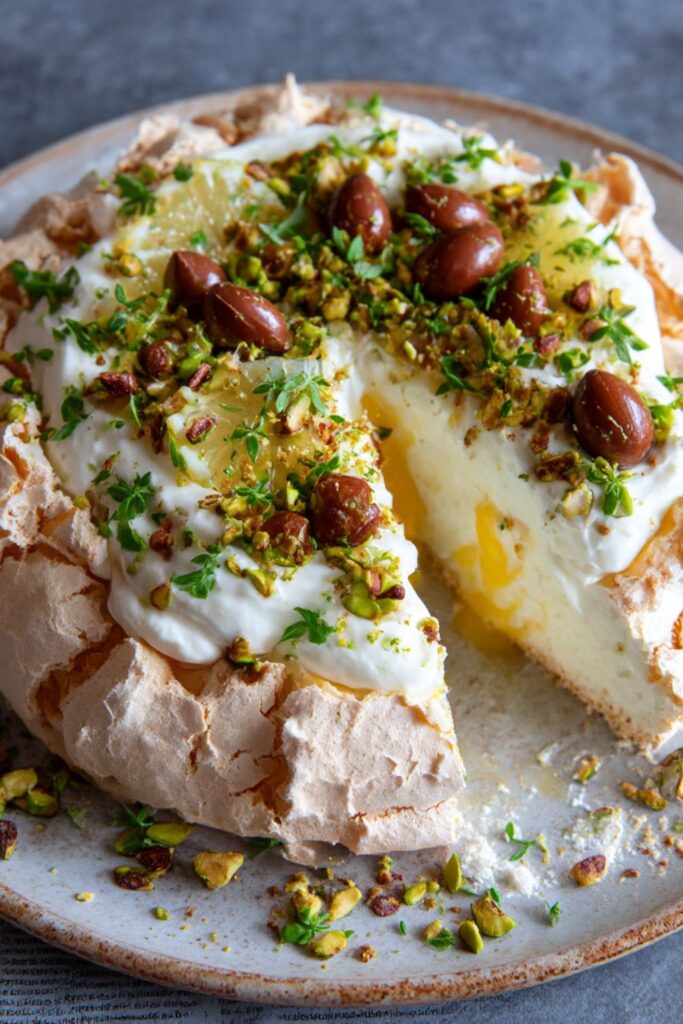
Mary Berry Easter Lemon Pavlova Recipe
Description
A stunning showstopper dessert for Easter, featuring a crisp meringue base with decorative nests, filled with a tangy lemon curd cream and chocolate mini-eggs.
Ingredients
Instructions
- Preheat oven to 160°C/140°C Fan. Draw a 25cm circle on baking parchment.
- Whisk egg whites to stiff peaks. Gradually add the sugar while whisking on high speed until stiff and glossy. Stir in a paste of the vinegar and cornflour.
- Spread half the meringue in the circle. Pipe the other half into 10 small nests around the edge.
- Place in the oven and immediately reduce the temperature to 150°C/130°C Fan. Bake for 1.5 – 2 hours. Turn off the oven and leave the pavlova inside to cool completely.
- Make the lemon curd by gently cooking the egg yolks, sugar, and lemon juice over a double boiler until thick. Whisk in the butter. Cool completely.
- Just before serving, whip the double cream to soft peaks and swirl it through the cooled lemon curd.
- Spoon the lemon cream into the center of the pavlova and into the nests. Decorate with mini chocolate eggs.
Notes
- A spotlessly clean bowl is essential for a successful meringue.
- Don’t open the oven door while the pavlova is cooling.
- The unfilled meringue shell can be made well in advance, making it a great stress-free party dessert.
- Be patient when making the lemon curd; it requires gentle heat and constant stirring.
